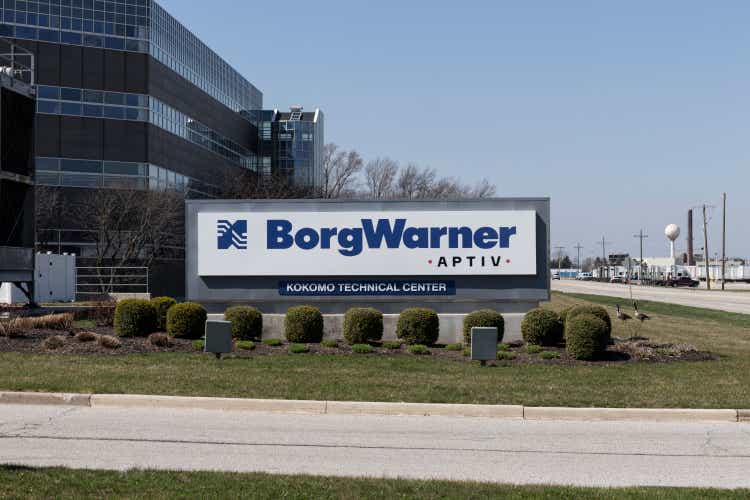Deliveroo spending around $230k to give some riders 15 hours of childcare
Deliveroo burst into its first profit last year, and the company appears to be shelling out a small fraction of that windfall to its self-employed riders.
The delivery app is partnering with Bubble, an on-demand childcare platform that matches parents with babysitters, to give a small portion of its 50,000 U.K.-based riders free childcare.
Deliveroo will give 1,000 of its riders 15 hours of childcare to access through Bubble’s app, the pair announced.
But the initiative might appear hollow to riders who are going on strike as the group campaigns to avoid millions of gig workers from being recognized as employees.
Deliveroo shelling out some benefits
Bubble says the typical cost for a babysitter in London, the most expensive city in the U.K., is about £12 an hour.
That would make the cost to Deliveroo for 15 hours of childcare for 1,000 of its riders at about £180,000 ($230,000), a fraction of the £2 billion ($2.55 billion) the group made in revenue last year. The group made £85.4 million ($109 million) in profit in 2023.
Fortune wasn’t able to verify the cost of the program with Deliveroo or Bubble.
“We’re really proud to be working with Deliveroo on this partnership which recognizes the vital importance of care to a large proportion of riders,” Ari Last, founder and CEO of Bubble, told Fortune in an emailed statement.
“We are thrilled to help riders be better able to work flexibly and efficiently; plus we know the benefits of offering this type of support has a hugely positive impact on wellbeing and fulfillment.”
The initiative is considered to be a trial, and could be rolled out to other Deliveroo riders if it proves successful.
Deliveroo’s battle with riders
The announcement of free childcare will likely be appreciated by the selected riders, but the estimated £180 payment is also a reminder of the gaping benefits hole faced by self-employed workers at Deliveroo.
Along with Uber, Deliveroo campaigned against an EU law that would see 5.5 million gig economy workers in Europe recognized as employees, giving them access to benefits like sick leave, minimum wages, and paid time off.
Even as that law passed, the group won a symbolic victory, with a holdup from Belgium meaning that individual member states will have most of the say on how they enact the law in their country.
Deliveroo CEO Will Shu was bullish about the company’s battle with regulators in an earnings call last week.
Shu explained that 90% of the company’s gross transaction value was in the U.K. and France, where lawmakers had ruled that Deliveroo riders and other gig economy workers should be recognized as being self-employed.
Deliveroo argues that its riders enjoy the flexibility provided by self-employment, with many using it as a side hustle or a stepping stone to other careers.
But it has faced several issues with its riders, coming to a head on Valentine’s Day last month when thousands of riders went on strike in protest of falling income.
A 2021 investigation by The Bureau of Investigative Journalism, which analyzed invoices for 300 U.K.-based riders, found a third were earning less than the minimum wage.
The publication even detailed the struggles of one rider in Yorkshire who earned the equivalent of £2 ($2.55) an hour over 180 logged hours of work.
Deliveroo has offered some benefits to its most regular riders, including a lowly £35 ($44.57) payment for sick days and a £1,000 one-off payment for new parents.
The latter figure would be the equivalent of about two weeks’ pay if the riders were employed, based on calculations of the average salary of food delivery workers in the U.K. by Glassdoor.
Deliveroo didn’t immediately respond to Fortune’s request for comment.
Source link




